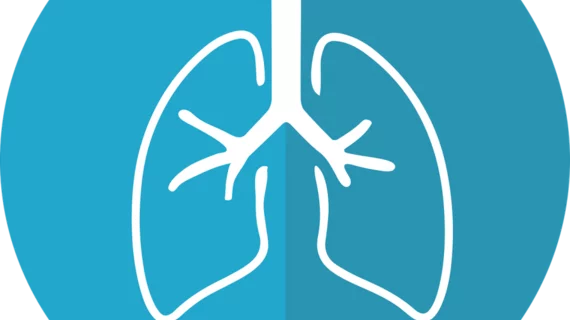Clinicians use lung ultrasound to quickly triage coronavirus patients
Providers at one Italian emergency department started realizing that they could not use age or comorbidity to determine which COVID-19 patients might develop severe pneumonia. Instead, they’ve started using ultrasound to help sort things out and triage cases.
That’s according to a new report from Medscape Medical News, published Tuesday. Giovanni Volpicelli, MD, with the Turin, Italy-based institution developed this new protocol, which uses bedside lung US to help figure out who needs to be admitted to the hospital, and who can return home to quarantine.
The protocol begins with a nurse determining whether a patient has a fever, cough or labored breathing. Even one of those three pushes patients into isolation, where they receive lung ultrasound testing. Volpicelli said they went this route after many patients were discovered to have negative chest x-ray findings, but US turned up positive for interstitial pneumonia.
"Only by using a test that can assess the situation of the lung at the beginning of the disease do you become aware that pneumonia can also be present,” said Volpicelli, with the University Hospital San Luigi Gonzaga, adding that’s the case “even in patients with mild or almost no symptoms.”
Ultrasound is growing in popularity in busy Italian EDs that may not always have access to CT scanners, the report noted. A research letter in Radiology earlier this month also highlighted the tool’s usefulness in assessing COVID-19 pneumonia. However, experts stressed that these methods have yet been peer reviewed.
Read more in Medscape.

